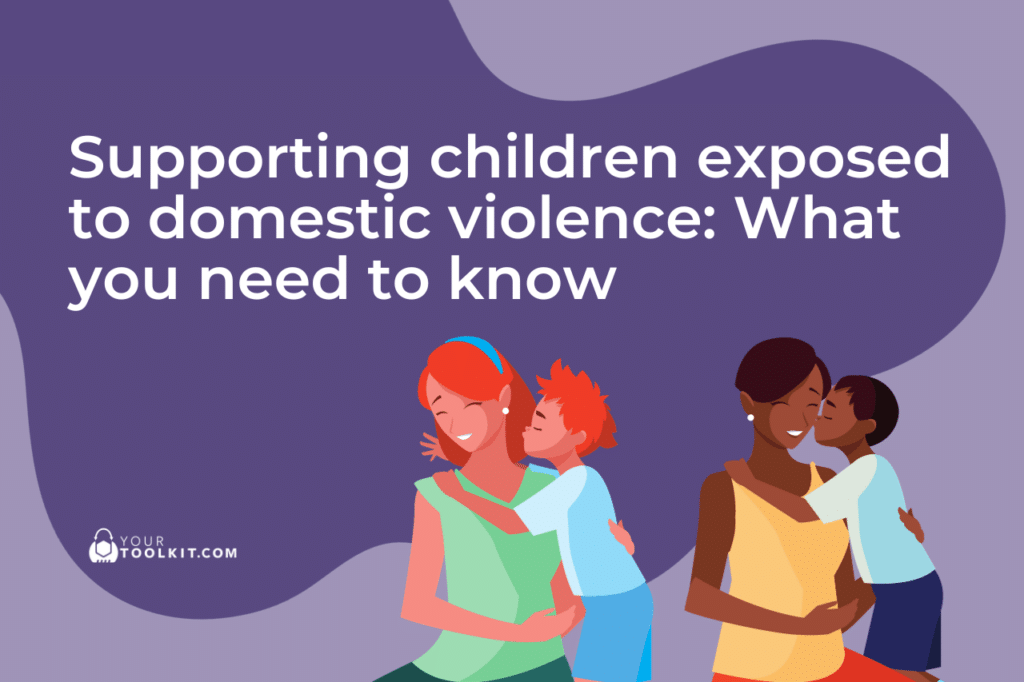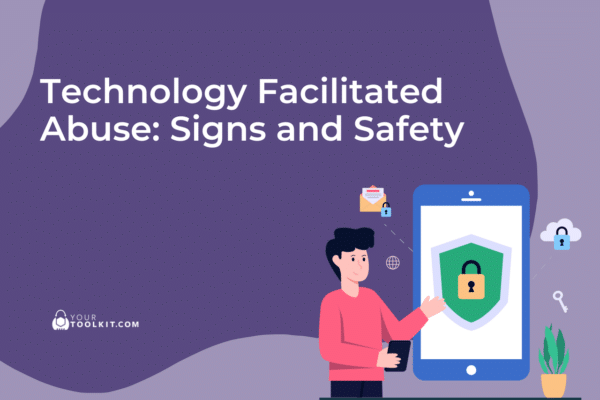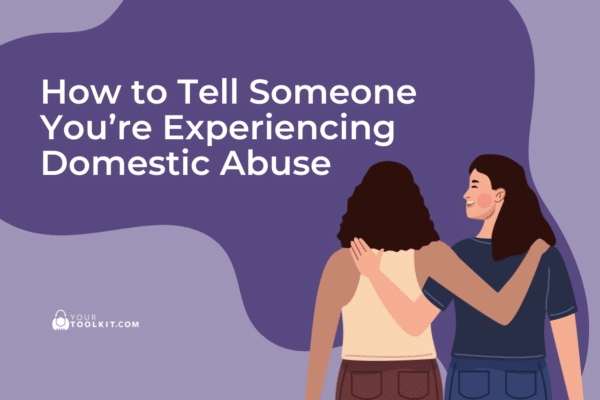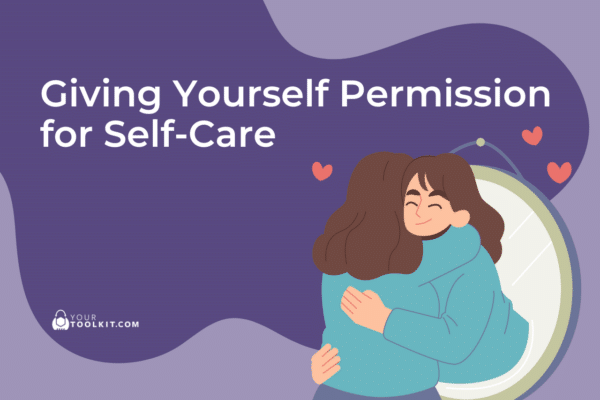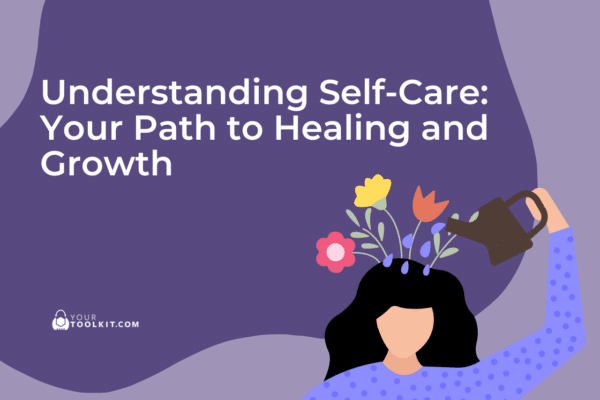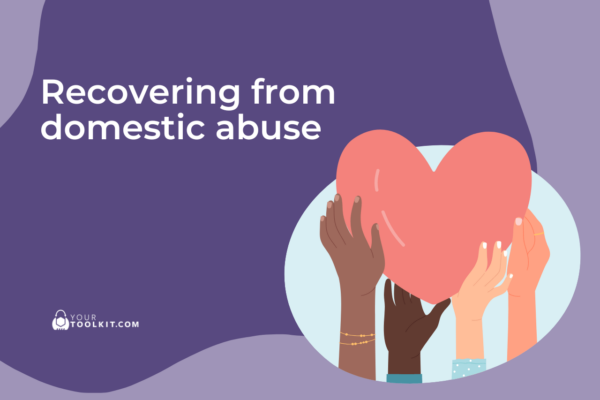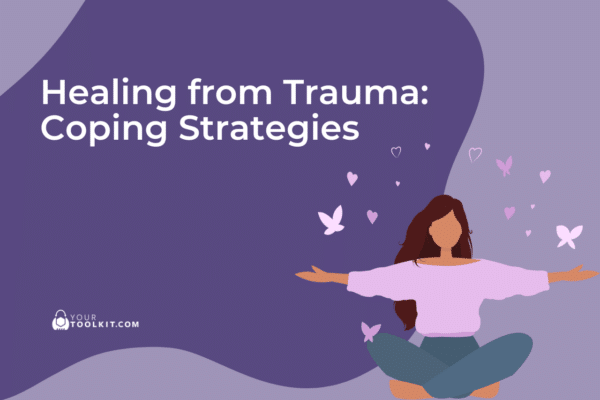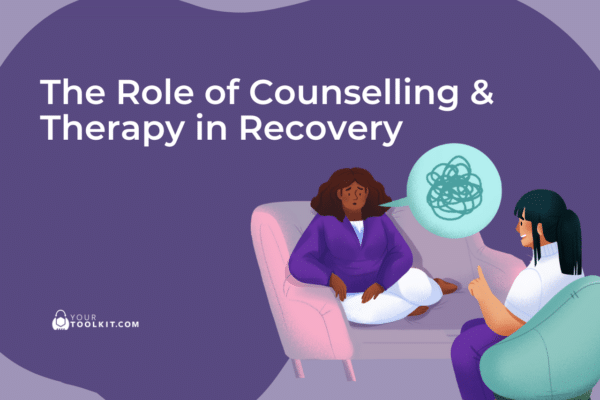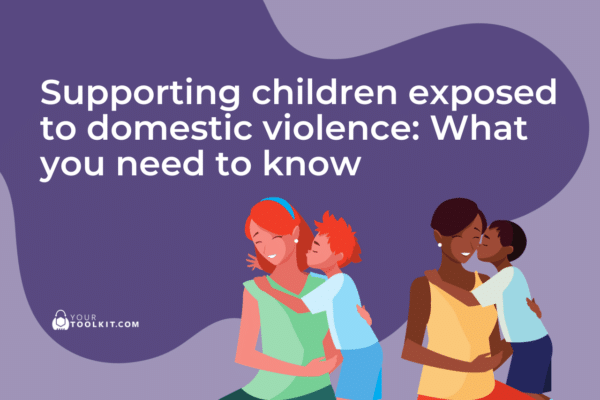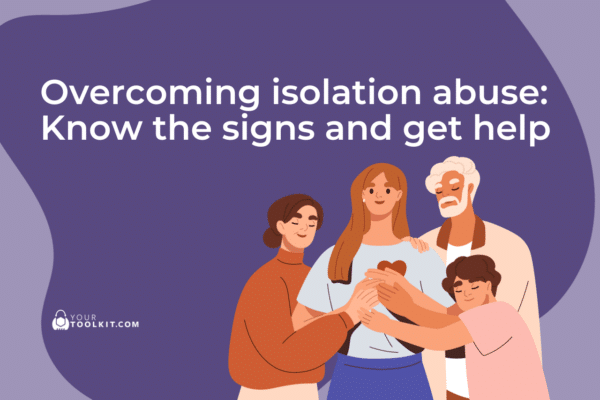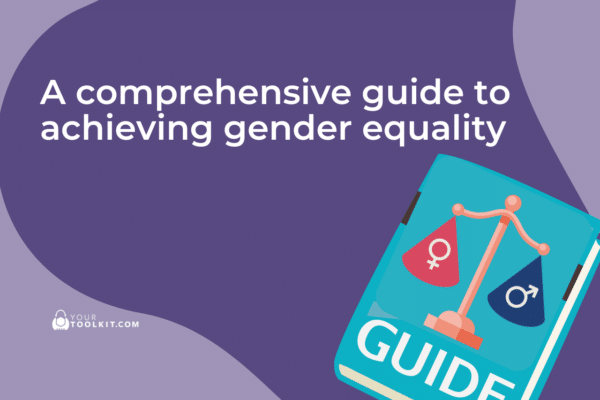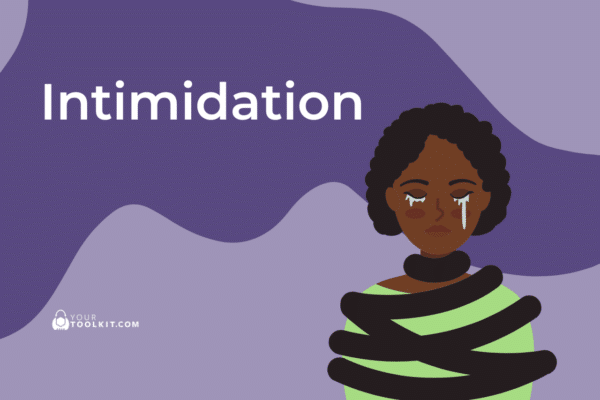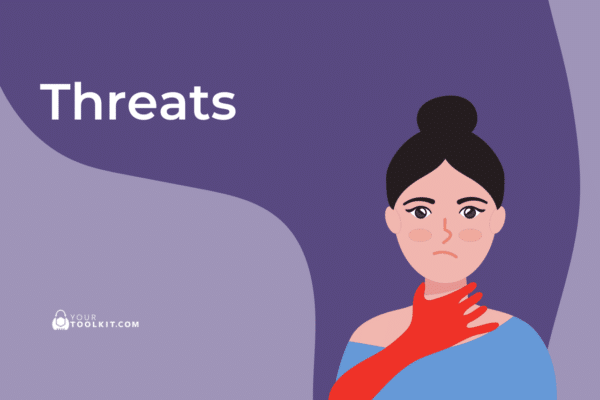Children who see domestic violence in their homes are often hurt in ways we don’t see. It’s important to recognise the impact of domestic violence on children, and understand how to support them and break the cycle of abuse.
In this article, we discuss practical and sensitive ways to support children exposed to domestic violence, the importance of being prepared, nurturing emotional health, and accessing professional support.
Recognising the Impact: Domestic Violence and Children
Children learn to be aware when domestic violence occurs in a home; they may learn to recognise the tension and behaviours of conflict. Children may experience emotions, including fear, confusion, guilt, or even responsibility for what’s happening. These reactions can lead to long-term psychological effects, such as anxiety, depression, behavioural issues, and difficulty in forming healthy relationships.
Identifying Coercive Control
Domestic violence isn’t always physical; it can be a pattern of abusive behaviour known as coercive control, where one partner restricts the other’s freedom using threats or fear. Children who see these types of behaviour may learn confused concepts of power and relationships. If you’re unsure whether coercive control is part of the issue, consider taking this short Coercive Control Self-Assessment – learning to recognise abusive behaviours is the first step to recovery.
Preparing to Keep Safe
If you or your children are in immediate danger, it’s important to be prepared. You may choose to create a ‘safe exit plan’ or apply for a family violence restraining order, if you need legal protection. You may also wish to contact domestic violence services – visit Yourtoolkit.com online directory to access support services.
Providing Emotional Support to Children Exposed to Domestic Violence
Children need an environment where they feel safe and can speak openly about their feelings without being punished. Talk to them in a way that recognises their emotions and reassures them that the situation is not their fault. Routine and stability are important, so if possible, try to maintain their usual activities, friendships, and schooling to provide a sense of normalcy.
Special Considerations: Support During Pregnancy
Pregnant women may also be at higher risk of domestic violence, which can have a serious effect on the woman and her unborn child’s health. If you or someone you know is pregnant and facing domestic abuse, it’s vital to seek specialised support – find specific resources for women facing domestic abuse during pregnancy in our guide on support during pregnancy.
Professional Support for Healing
Overcoming the trauma of domestic violence often requires professional help. Therapists or counsellors specially trained in domestic violence and children’s mental health can offer invaluable support. They use techniques to help children process their experiences, develop coping strategies, and build resilience. Moreover, they can guide parents or guardians in creating a supportive environment for the child’s recovery journey.
Breaking the Cycle
Support for children exposed to domestic violence is a critical aspect of healing the family unit. By acknowledging their pain, providing a safe environment and utilising available resources, you are taking significant steps towards a healthier future for your children and breaking the cycle of violence. Empowerment comes with education, and support systems are often closer than you think.
Remember, nobody should navigate these troubling times alone, and help is always available. If you recognise any of these situations in your own life, we encourage you to reach out to professional services and begin the journey toward recovery and peace. Together, we can provide a stable, violence-free environment for the children affected and the generations to come.
